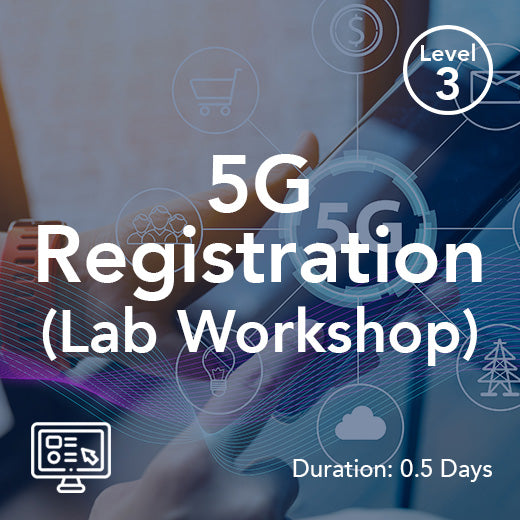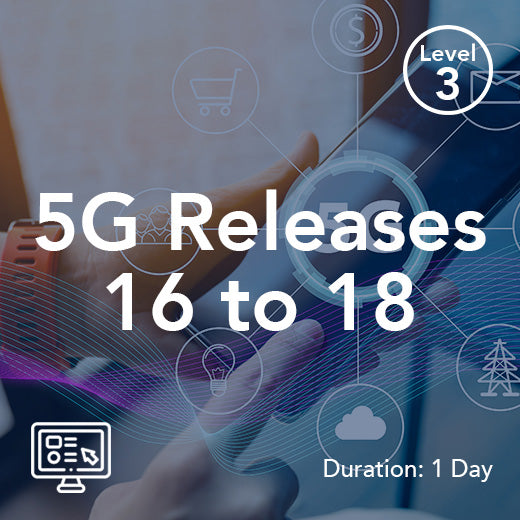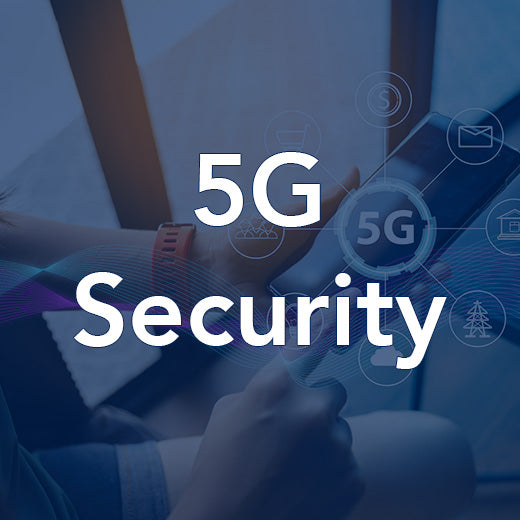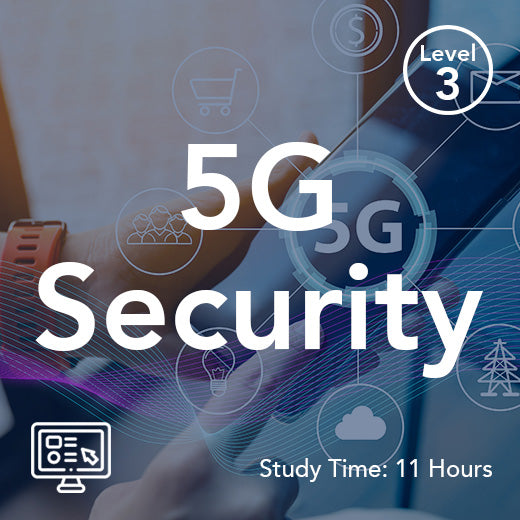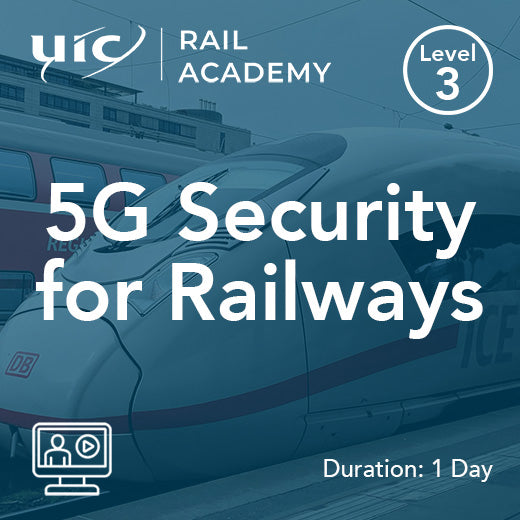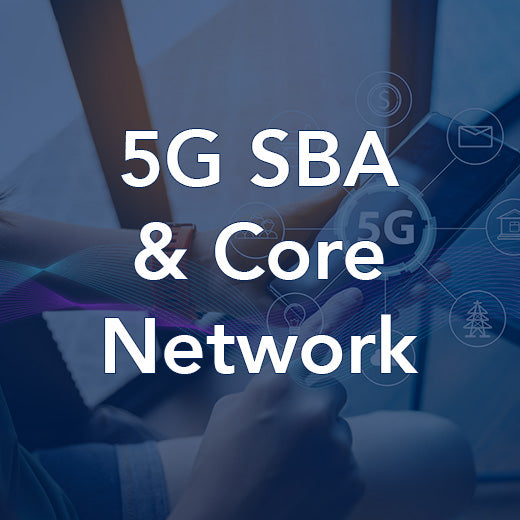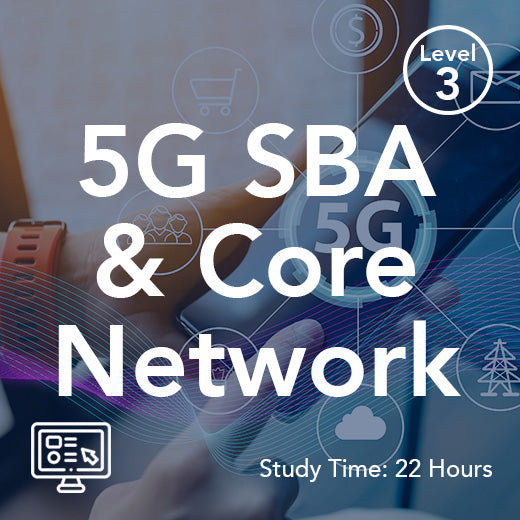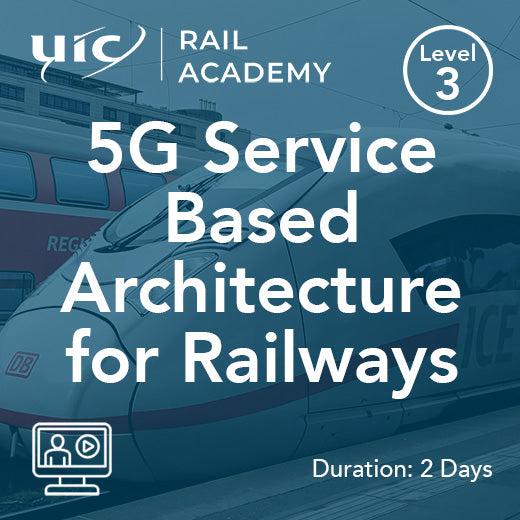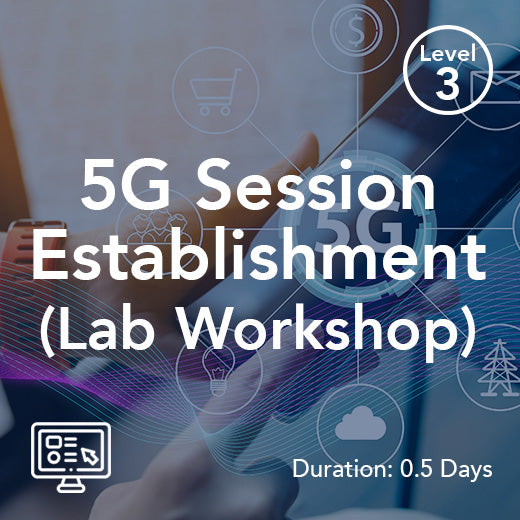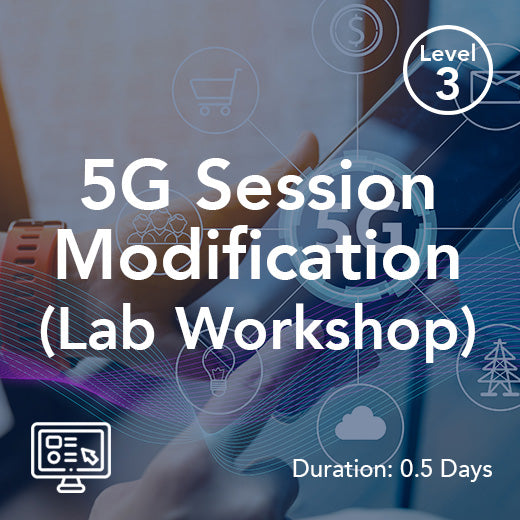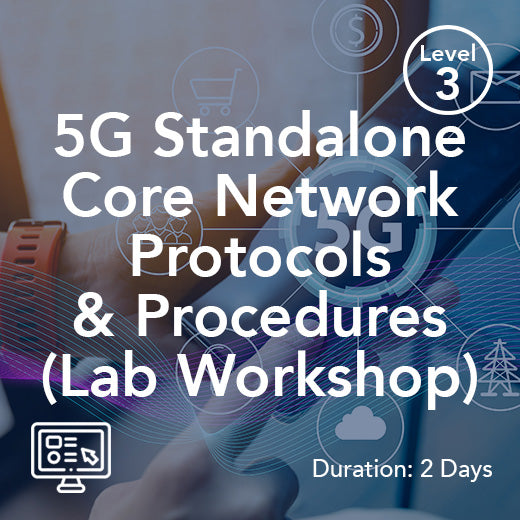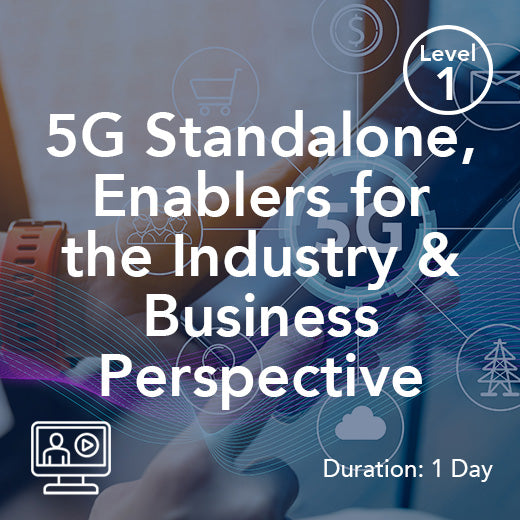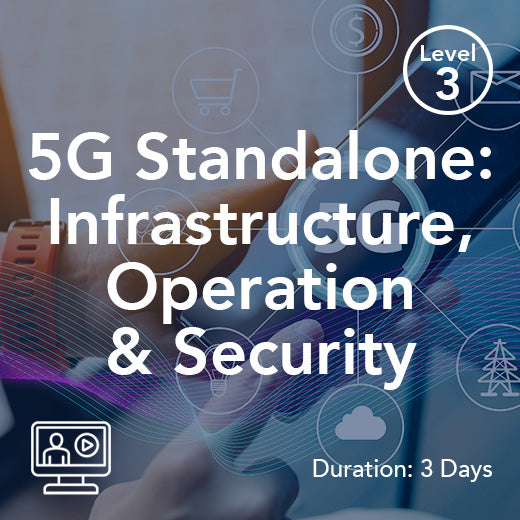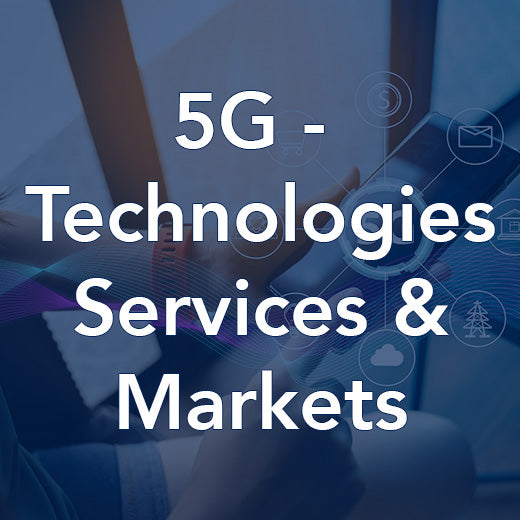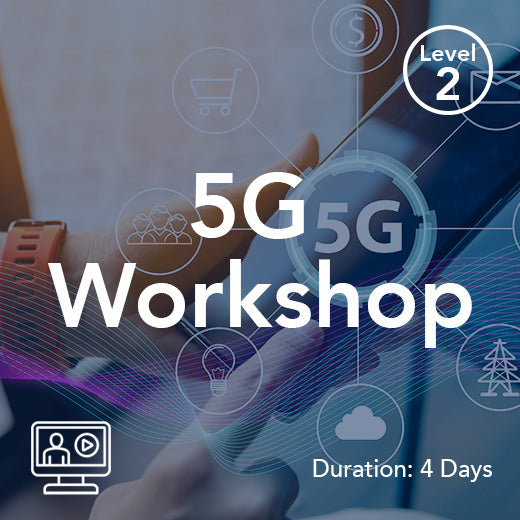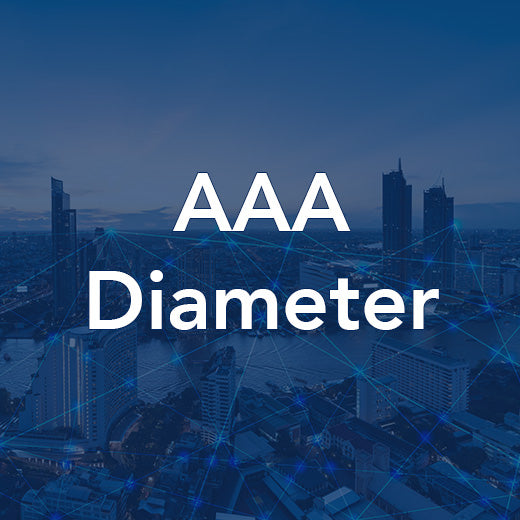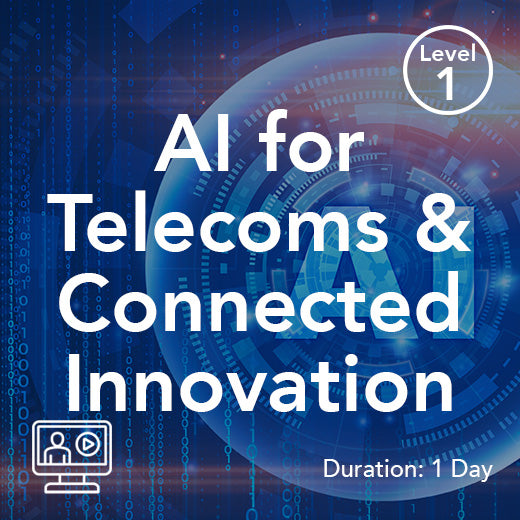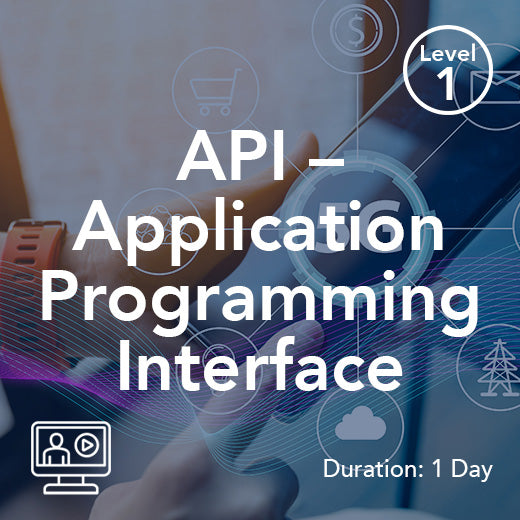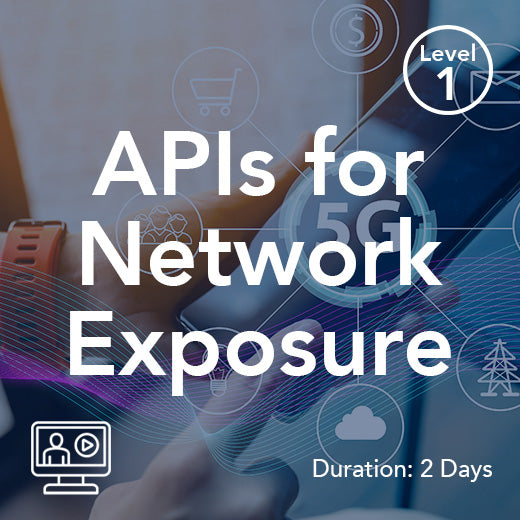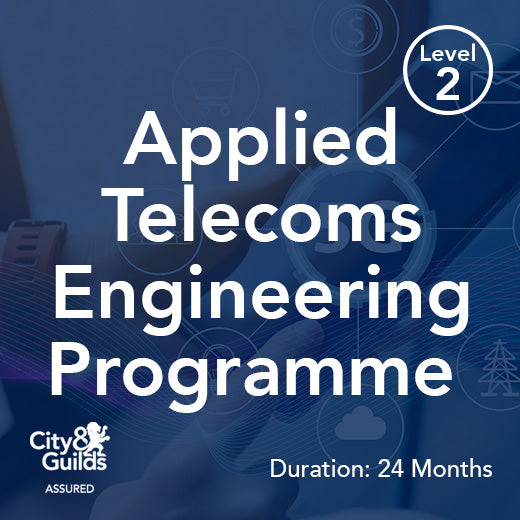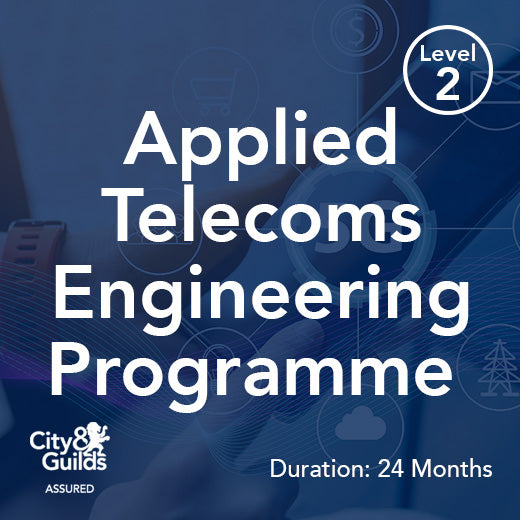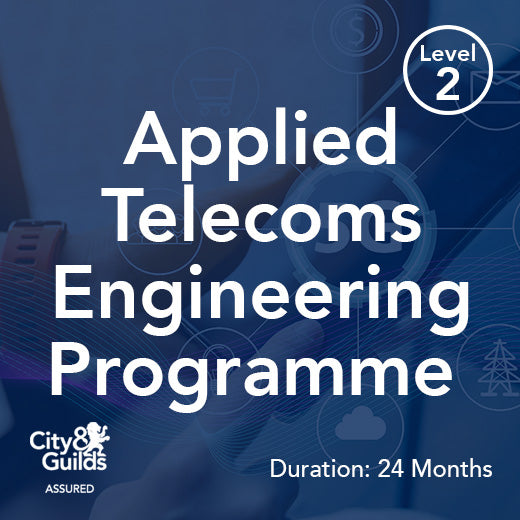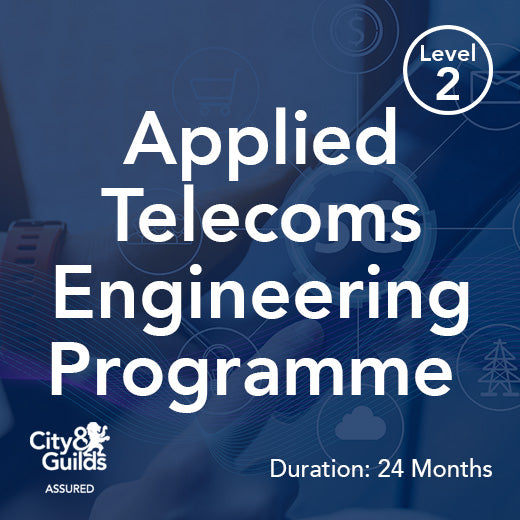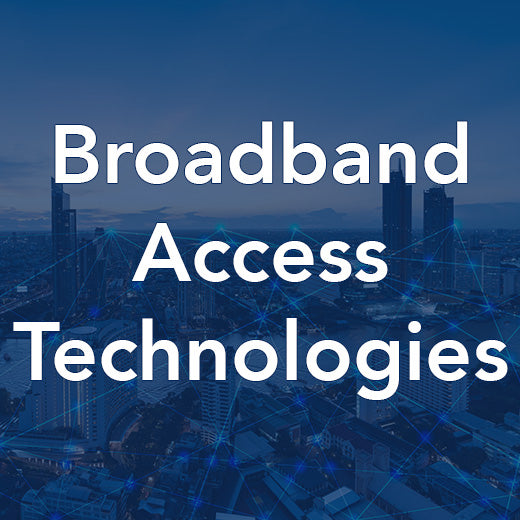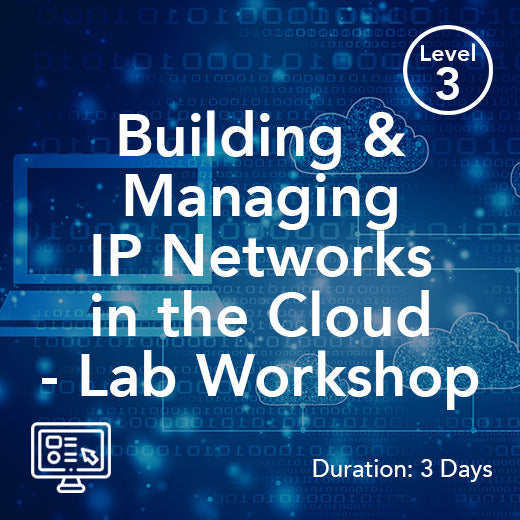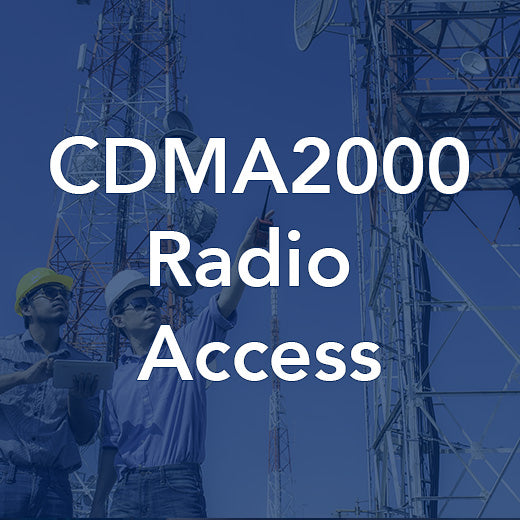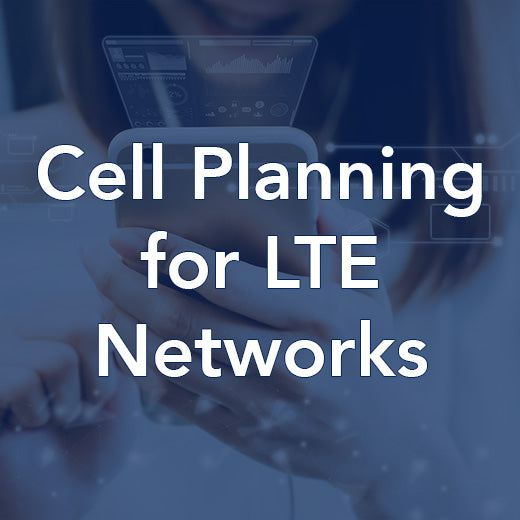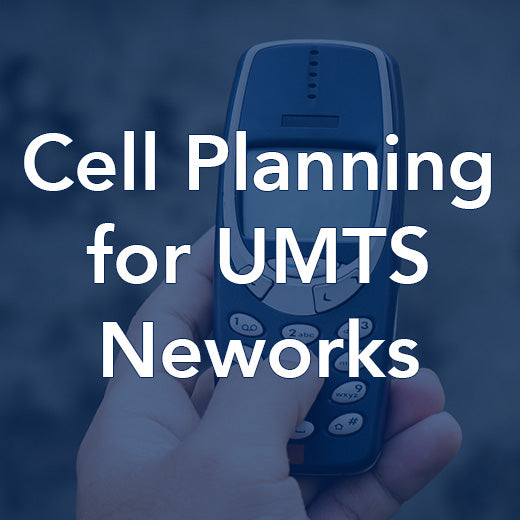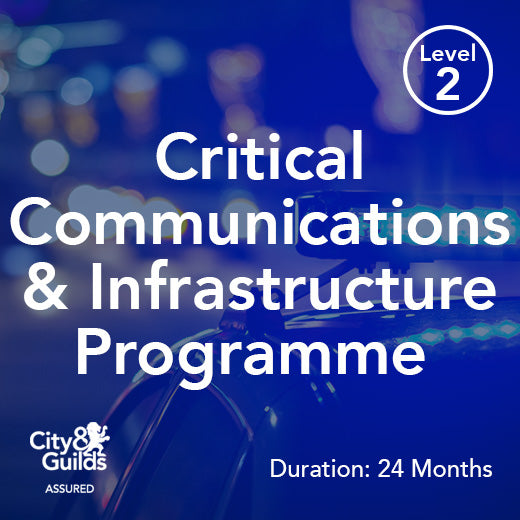The Basics of Carbon Capture and Storage course covers: the role of CCS within decarbonisation as an aspect of earth system science; why CCS is necessary; how CO2 is captured in industrial processes and how it can be used industrially; the factors affecting geological storage; how CO2 stores are monitored for leakage; how CCS will be regulated; how CCS will pay for itself; and the social licence for CCS. The course will be delivered in simple non-technical language suitable for non-specialists.
The course satisfies a part of the market that is not currently catered for – the wider science, risks, financing, planning and social licence aspects of CCS. These are issues that are as important as the technical issues (in, for example, reservoir engineering) in the sense that any of these elements can be a show-stopper for CCS. Although the course will cover the technical geological and engineering aspects of CCS, it will also consider how these technical, policy and science aspects affect planning, regulation and financing of CCS. There are geologists, planners, investors and policy makers in companies, government natural resource and planning departments, investment banks and among NGOs that require this information from an unbiassed technically well informed and up to date source. This course provides that source.Who would benefit?
The course is designed for geologists, geological planners and regulators, investors and policy makers in energy companies, government natural resource and planning departments, investment banks and NGOs that require information from an unbiassed, technically well informed and up to date source.
What people need in advance
No particular prior knowledge needed beyond normal levels of expertise in applied geoscience. As stated above, the course is aimed at geological generalists in energy companies, government natural resource and planning departments, investment banks and NGOs.
Course Modules:
Introduction
The geological carbon cycle and anthropogenic influences on the geological carbon cycle
Capturing, transporting and using carbon dioxide
Geological Storage
Regulation, finance, policy and public perception
Present state of global CCS
Course Director: Prof Mike Stephensen
Mike has 25 years’ experience in energy and geological science, including 8 years national level science leadership in the UK. Mike has been providing geoscience advice to Government for almost 15 years and has an excellent overview of Government policy, industrial activity and funding landscape in applied and energy geoscience.
Mike also has expertise in positioning organisations in controversial energy topics e.g. CCUS, shale gas and nuclear. Mike was adviser to UK Government Chief Scientist on shale gas and CCUS in 2016; a member UKRI’s Energy Strategic Advisory Committee 2020 to 2021; and a Member of the UK Government’s Hydrogen Advisory Council 2021.
Widely recognised as an excellent scientist, he has over 100 peer-reviewed scientific papers including many on CCUS, and ~200 conference abstracts. He is Visiting Professor at the University of Nanjing, China, and the University of Milan, Italy, and has been Honorary Professor at Nottingham and Leicester universities, UK Mike is a well-known communicator of science and has published three single-author popular science books. His book on CCUS ‘Returning Carbon to Nature’ is widely seen as the go-to introductory text on CCUS. Follow Mike on LinkedIn.
Read more less

